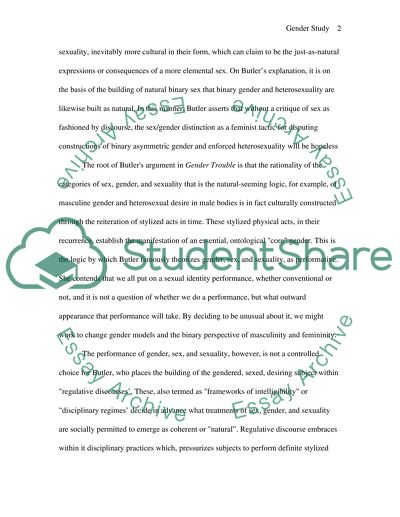Cite this document
(“Gender Definitions, Racism and Class Theories Essay”, n.d.)
Retrieved from https://studentshare.org/gender-sexual-studies/1542454-gender-definitions-racism-and-class-theories
Retrieved from https://studentshare.org/gender-sexual-studies/1542454-gender-definitions-racism-and-class-theories
(Gender Definitions, Racism and Class Theories Essay)
https://studentshare.org/gender-sexual-studies/1542454-gender-definitions-racism-and-class-theories.
https://studentshare.org/gender-sexual-studies/1542454-gender-definitions-racism-and-class-theories.
“Gender Definitions, Racism and Class Theories Essay”, n.d. https://studentshare.org/gender-sexual-studies/1542454-gender-definitions-racism-and-class-theories.


